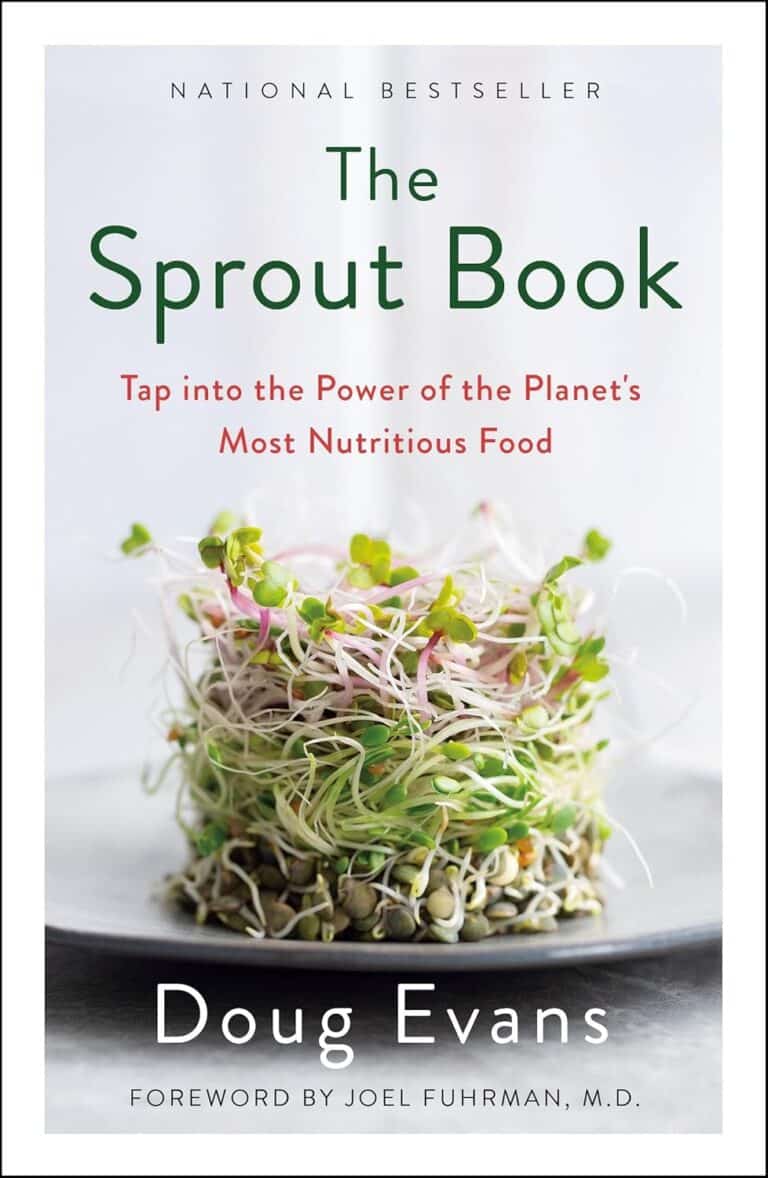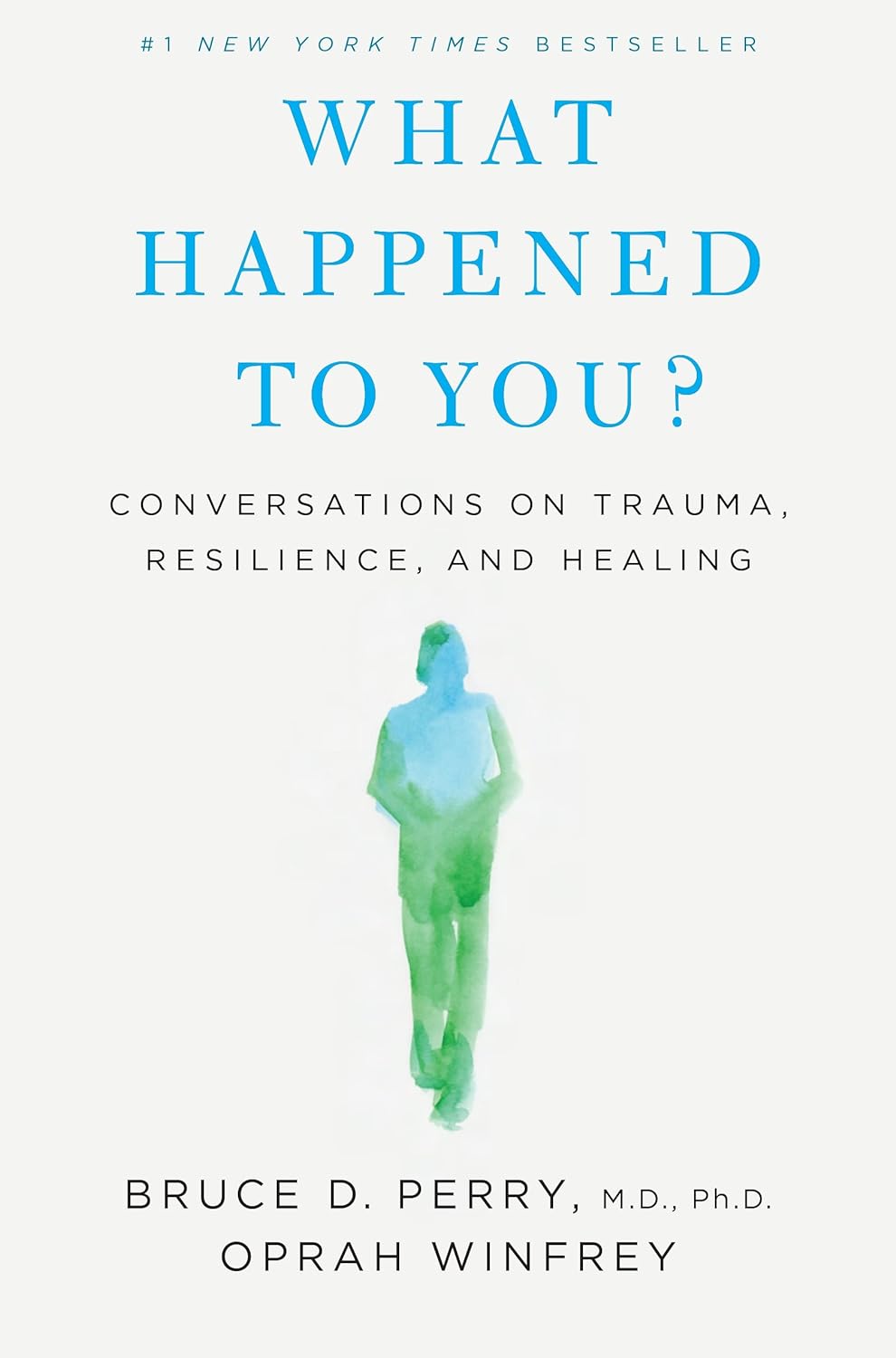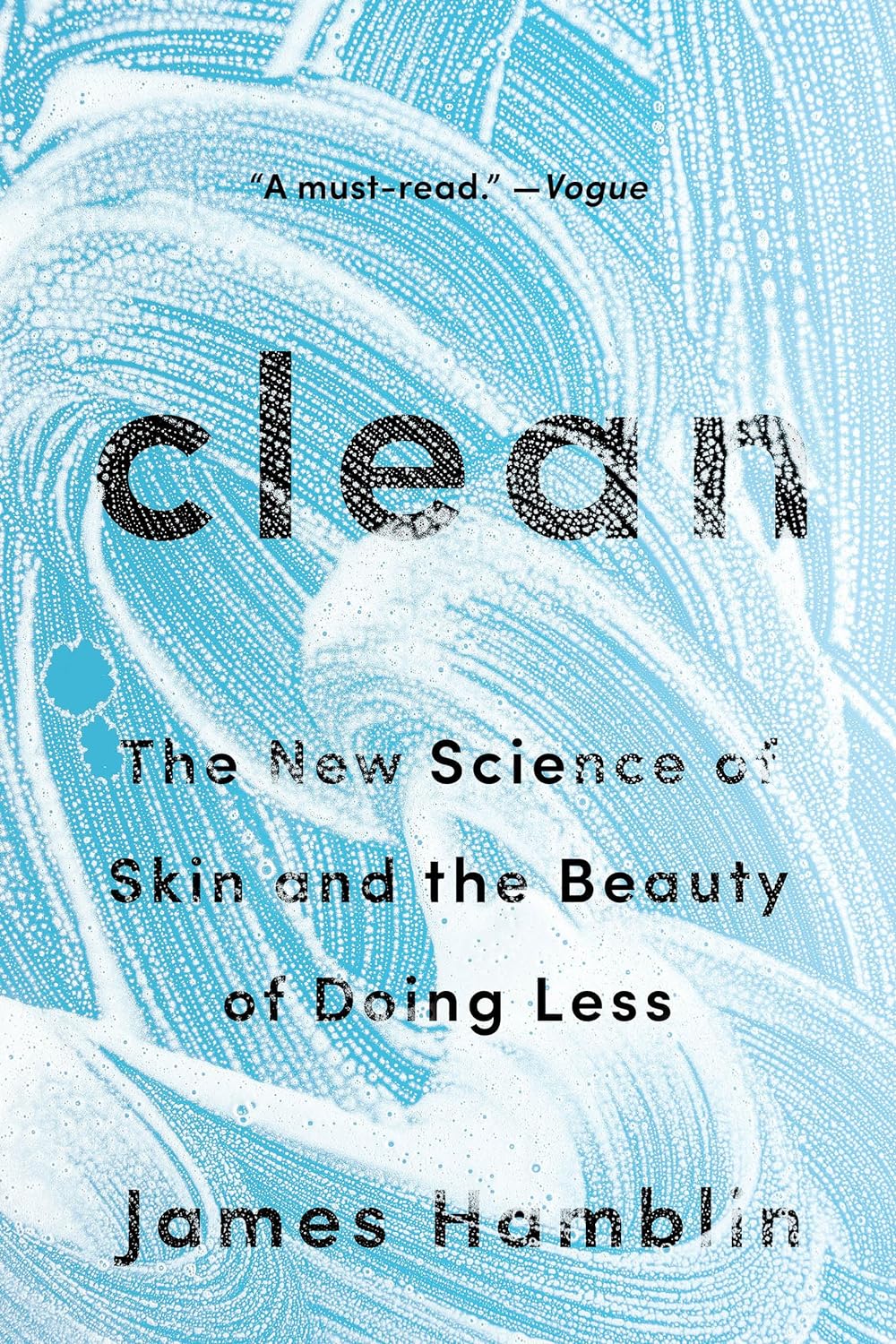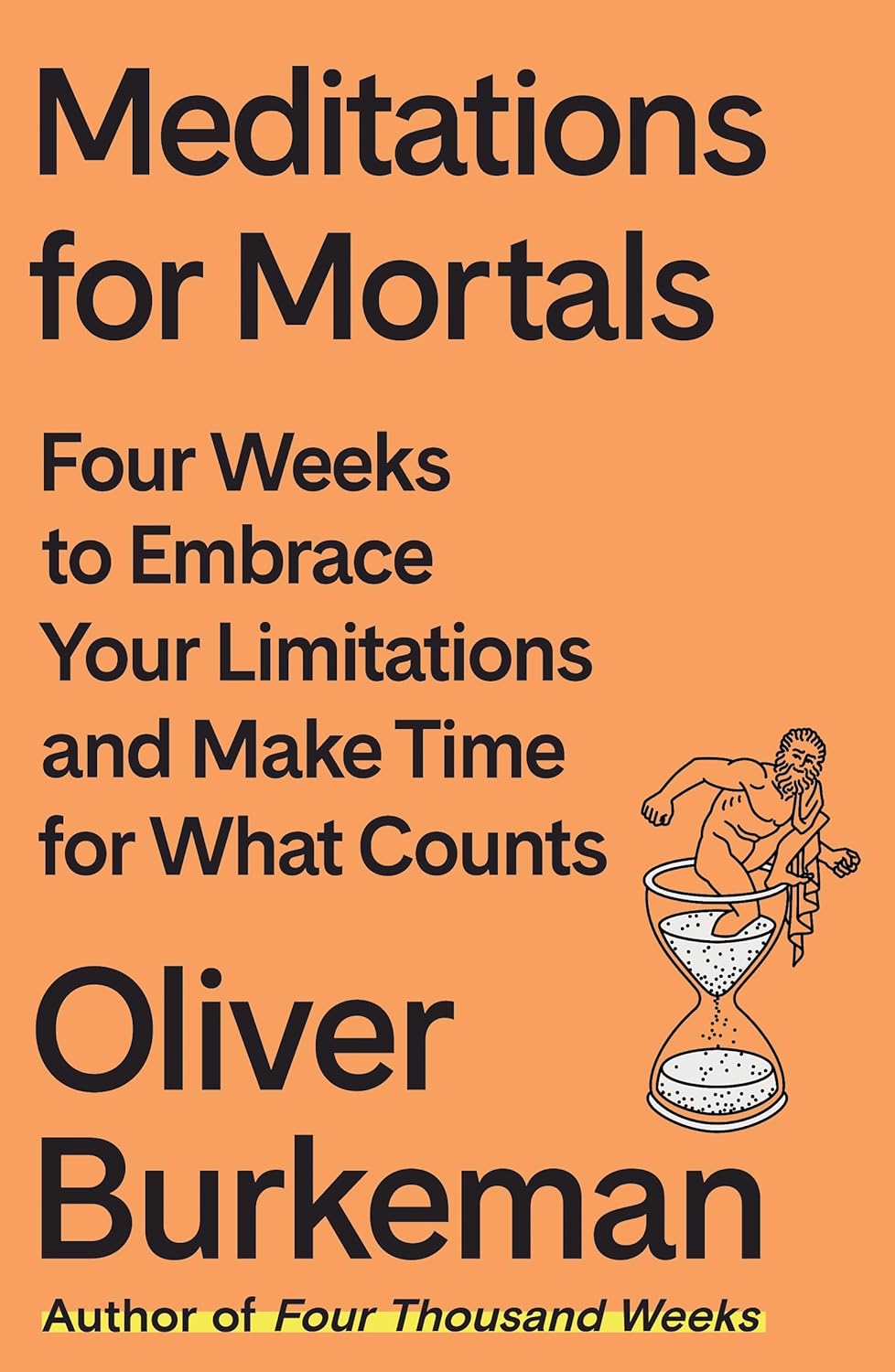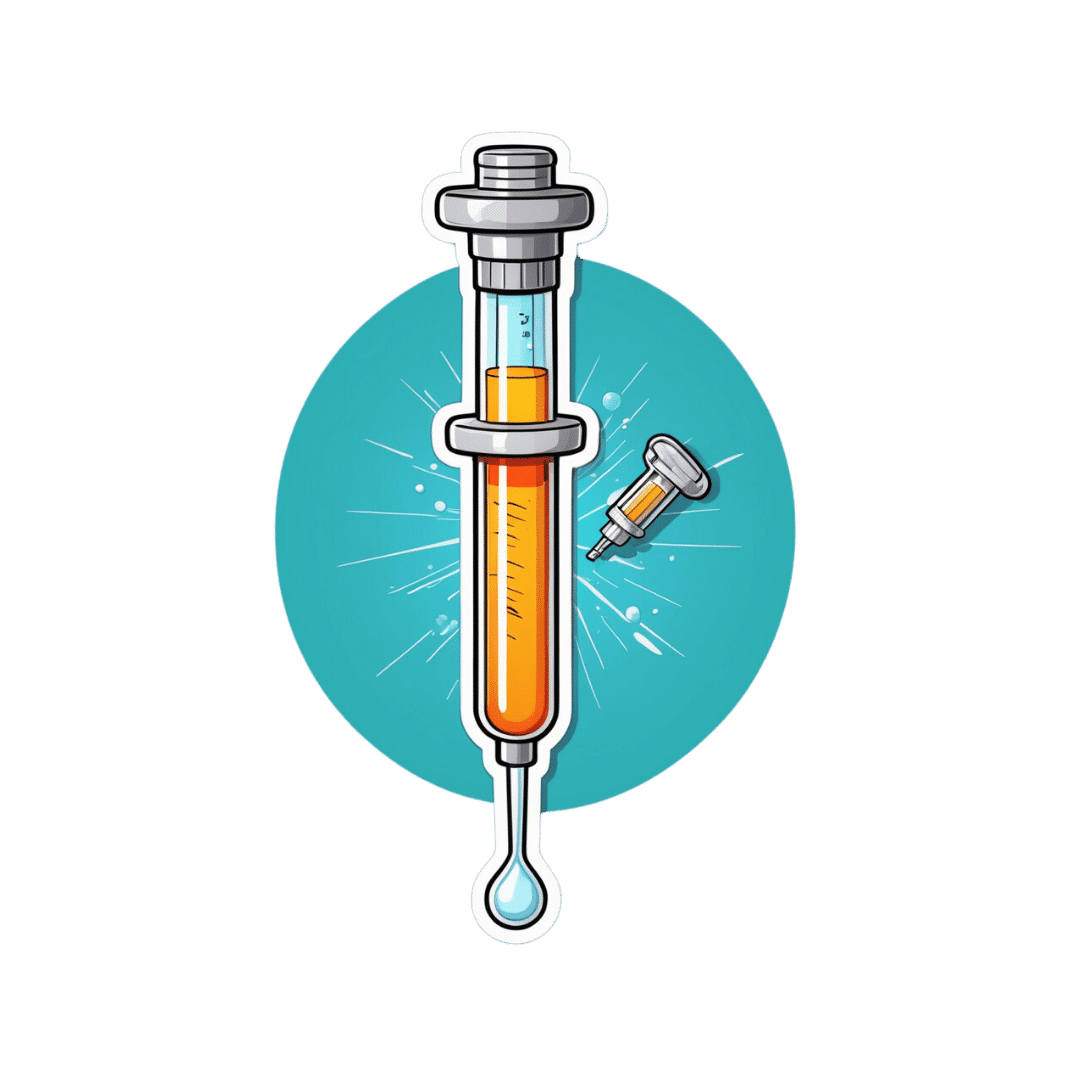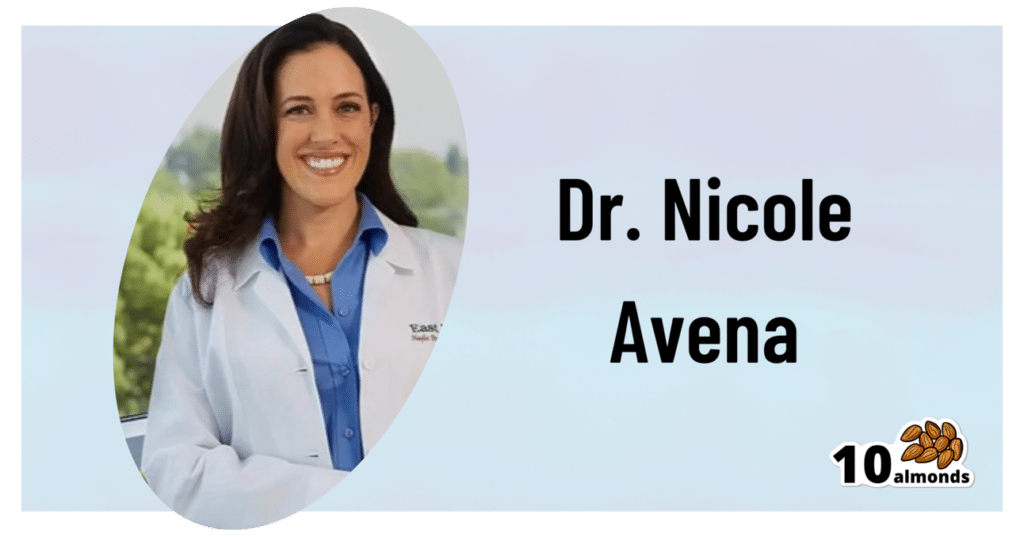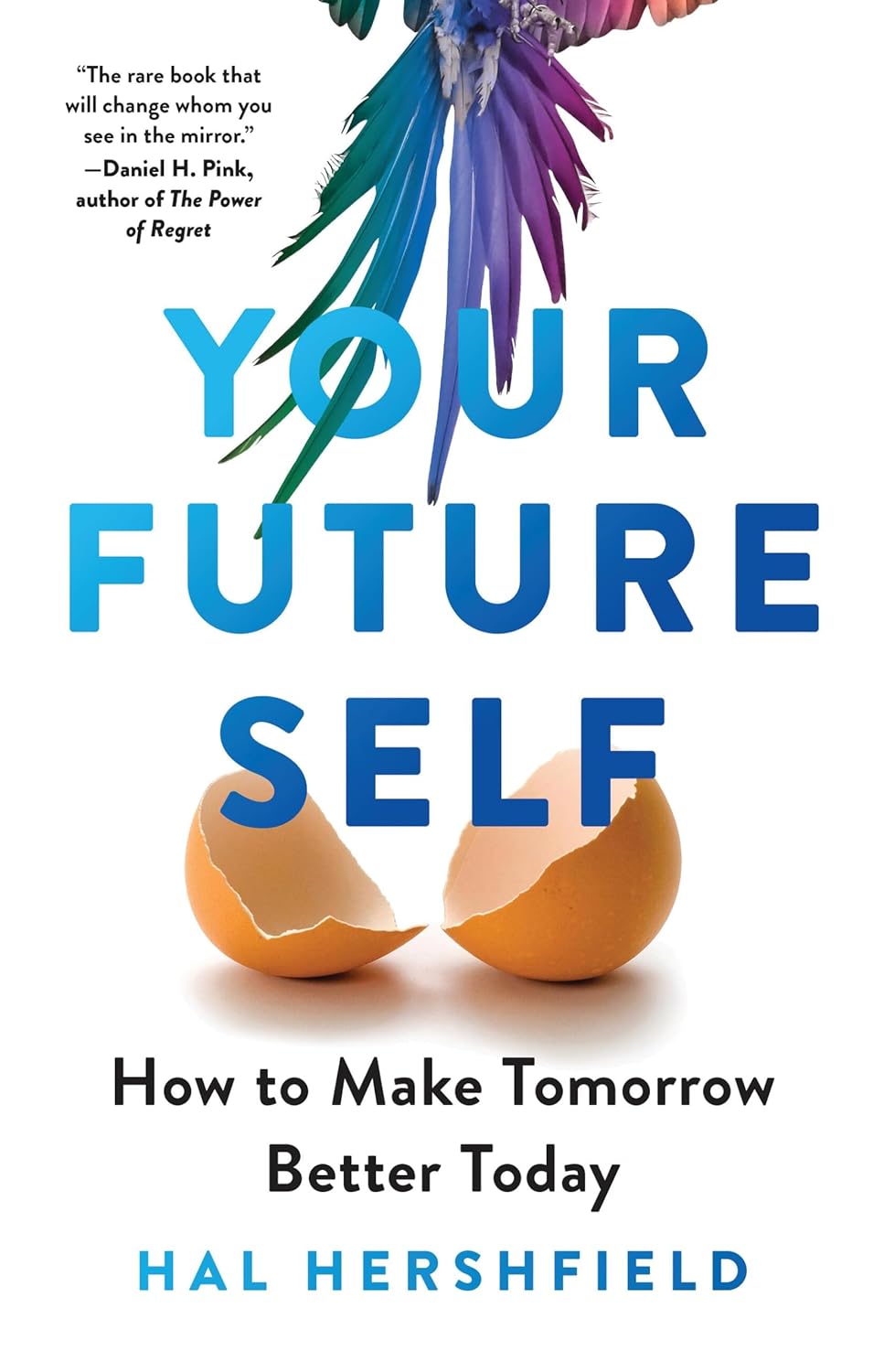
Your Future Self – by Dr. Hal Herschfield
10almonds is reader-supported. We may, at no cost to you, receive a portion of sales if you purchase a product through a link in this article.
How do you want to be, one year from now? Five years from now? Ten years from now?
Now, how would you have answered that same question one, five, ten years ago?
The reality, according to Dr. Hal Herschfield, is that often we go blundering into the future blindly, because we lack empathy with our future self. Our past self, we can have strong feelings about. They could range from compassion to shame, pride to frustration, but we’ll have feelings. Our future self? A mystery.
What he proposes in this book, therefore, is not merely the obvious “start planning now, little habits that add up”, etc, but also to address the underlying behavioral science of why we don’t.
Starting with exercises of empathy for our tomorrow-self (literally tomorrow, i.e. the day after this one), and building a mindset of “paying it forward”—to ourself.
By treating our future self like a loved one, we can find ourselves a lot more motivated to actually do the things that future-us will thank us for.
The real value of this book is in the progressive exercises, because it’s a “muscle” that most people haven’t exercised much. But when we do? What a superpower it becomes!
Bottom line: if you know what you “should” do, but somehow just don’t do it, this book will help connect you to your future self and work as a better team to get there… the way you actually want.
Click here to check out Your Future Self, and start by gifting this book to future-you!
Don’t Forget…
Did you arrive here from our newsletter? Don’t forget to return to the email to continue learning!
Recommended
Learn to Age Gracefully
Join the 98k+ American women taking control of their health & aging with our 100% free (and fun!) daily emails:
-
What Happened to You? – by Dr. Bruce Perry and Oprah Winfrey
10almonds is reader-supported. We may, at no cost to you, receive a portion of sales if you purchase a product through a link in this article.
The very title “What Happened To You?” starts with an assumption that the reader has suffered trauma. This is not just a sample bias of “a person who picks up a book about healing from trauma has probably suffered trauma”, but is also a statistically safe assumption. Around 60% of adults report having suffered some kind of serious trauma.
The authors examine, as the subtitle suggests, these matters in three parts:
- Trauma
- Resilience
- Healing
Trauma can take many forms; sometimes it is a very obvious dramatic traumatic event; sometimes less so. Sometimes it can be a mountain of small things that eroded our strength leaving us broken. But what then, of resilience?
Resilience (in psychology, anyway) is not imperviousness; it is the ability to suffer and recover from things.
Healing is the tail-end part of that. When we have undergone trauma, displayed whatever amount of resilience we could at the time, and now have outgrown our coping strategies and looking to genuinely heal.
The authors present many personal stories and case studies to illustrate different kinds of trauma and resilience, and then go on to outline what we can do to grow from there.
Bottom line: if you or a loved one has suffered trauma, this book may help a lot in understanding and processing that, and finding a way forwards from it.
Click here to check out “What Happened To You?” and give yourself what you deserve.
Share This Post
-
Clean – by Dr. James Hamblin
10almonds is reader-supported. We may, at no cost to you, receive a portion of sales if you purchase a product through a link in this article.
Our skin is our largest organ, and it’s easy to forget that, and how much it does for us. All things considered, it’s good to take good care of it! But what if we sometimes take too much “care” of it?
Dr. James Hamblin, a medical doctor-turned-writer, has explored this a lot both personally and in research. Through such, he has come to the conclusion there’s definitely a “sweet spot” of personal hygiene:
- Too little, and the Bubonic plague sweeps through Europe, or other plagues sweep through other places when European invaders came.
- Too much, and we strip our skin of one of its greatest qualities: the ability to protect us.
Dr. Hamblin asks (and answers) such questions as:
- What is good hygiene, and what is neurotically doing ourselves multiple levels of harm because advertising companies shamed us into doing so?
- Is it good or bad to use a series of products, each to undo the problem caused by the previous?
- What the difference between a 5-step skincare routine, and a series of gratuitous iatrogenic damage?
- Which products clean us most helpfully, and which clean us most harmfully?
- How often should we bathe/shower, really?
If the book has a weak point, it’s that it’s written mostly with his body in mind. That makes a difference when it comes to hairwashing, for example. He’s a white guy with short hair. If you’re black and/or have long hair, for example, your haircare needs will be quite different. Similarly, many women engage in shaving/depilation in places that most men don’t, and the consequences of that choice (and implications for any extra washing needs/harms) aren’t covered.
Bottom line: notwithstanding the aforementioned blind-spots, this book will help readers reduce the amount of harm we are doing to our bodies with our washing routines, without sacrificing actual hygiene.
Click here to check out Clean and help your skin to help you!
Share This Post
-
Magnesium Glycinate vs Magnesium Citrate – Which is Healthier?
10almonds is reader-supported. We may, at no cost to you, receive a portion of sales if you purchase a product through a link in this article.
Our Verdict
When comparing magnesium glycinate to magnesium citrate, we picked the citrate.
Why?
Both are fine sources of magnesium, a nutrient in which it’s very common to be deficient—a lot of people don’t eat many leafy greens, beans, nuts, and so forth that contain it.
A quick word on a third contender we didn’t include here: magnesium oxide is probably the most widely-sold magnesium supplement because it’s cheapest to make. It also has woeful bioavailability, to the point that there seems to be negligible benefit to taking it. So we don’t recommend that.
Magnesium glycinate and magnesium citrate are both absorbed well, but magnesium citrate is the most well-absorbed form of magnesium supplement.
In terms of the relative merits of the glycine or the citric acid (the “other part” of magnesium glycinate and magnesium citrate, respectively), both are also great nutrients, but the amount delivered with the magnesium is quite small in each case, and so there’s nothing here to swing it one way or the other.
For this reason, we went with the magnesium citrate, as the most readily bioavailable!
Want to try them out?
Here they are on Amazon:
Magnesium glycinate | Magnesium citrate
Enjoy!
Share This Post
Related Posts
-
Meditations for Mortals – by Oliver Burkeman
10almonds is reader-supported. We may, at no cost to you, receive a portion of sales if you purchase a product through a link in this article.
We previously reviewed this author’s “Four Thousand Weeks”, but for those who might have used a lot of those four thousand weeks already, and would like to consider things within a smaller timeframe for now, this work is a 28-day daily reader.
Now, daily readers are usually 366 days, but the chapters here are not the single page chapters that 366-page daily readers usually have. So, expect to invest a little more time per day (say, about 6 pages for each daily chapter).
Burkeman does not start the way we might expect, by telling us to take the time to smell the roses. Instead, he starts by examining the mistakes that most of us make most of the time, often due to unexamined assumptions about the world and how it works. Simply put, we’ve often received bad lessons in life (usually not explicitly, but rather, from our environments), and it takes some unpacking first to deal with that.
Nor is the book systems-based, as many books that get filed under “time management” may be, but rather, is simply principles-based. This is a strength, because principles are a lot easier to keep to than systems.
The writing style is direct and conversational, and neither overly familiar nor overly academic. It strikes a very comfortably readable balance.
Bottom line: if you’d like to get the most out of your days, this book can definitely help improve things a lot.
Click here to check out Meditations For Mortals, and live fulfilling days!
Don’t Forget…
Did you arrive here from our newsletter? Don’t forget to return to the email to continue learning!
Learn to Age Gracefully
Join the 98k+ American women taking control of their health & aging with our 100% free (and fun!) daily emails:
-
Debunking the myth that vaccines cause autism
10almonds is reader-supported. We may, at no cost to you, receive a portion of sales if you purchase a product through a link in this article.
The myth that autism is linked to childhood vaccines first appeared in a 1998 study by British physician Dr. Andrew Wakefield. The study was later retracted, and Wakefield was discredited. But nearly three decades after the study’s publication, the myth persists, championed by activists, political leaders, and even potential health officials.
There is overwhelming evidence that there is no link between vaccines and autism. “No one has any real or solid evidence that vaccines cause autism,” says Catherine Lord, a psychologist and autism researcher at the University of California, Los Angeles.
Here are just some of the many reasons that we know vaccines don’t cause autism.
The Wakefield study has been thoroughly discredited
In 1998, the Lancet published a study describing a small group of children who reportedly had bowel inflammation and developed autism within a month of getting the measles, mumps, and rubella (MMR) vaccine. The study proposed that the vaccination triggered bowel inflammation and developmental delays, including autism. Lead author Andrew Wakefield coined the term “autistic enterocolitis” to describe the condition he and his colleagues claimed to have discovered.
The study received significant media attention and immediate criticism from scientists, who pointed out the study’s small size, lack of controls, and insufficient evidence to support its conclusions.
Subsequent research published over the next few years refuted Wakefield’s findings. A 1999 Lancet study found no link between autism and the MMR vaccine, and a 2001 study found no evidence of a link or the existence of so-called autistic enterocolitis.
In 2010, the Lancet finally retracted Wakefield’s fraudulent study, noting that “several elements” of the study were “incorrect” and that the experiments carried out on children had not been approved by an ethics board. The journal’s editor called the paper’s conclusions “utterly false.”
A few months later, Wakefield was stripped of his medical license by the United Kingdom’s General Medical Council. The council deemed Wakefield “dishonest and irresponsible” and concluded that he conducted unethical experiments on children.
The committee’s investigation also revealed that, less than a year before he published his study claiming that the MMR vaccine was linked to bowel inflammation that triggered autism, Wakefield filed a patent for a standalone measles vaccine and inflammatory bowel disease treatment.
Thimerosal was removed from childhood vaccines in 2001—with no effect on autism rates
A 2003 study published by a conservative group known for promoting anti-science myths—including that HIV doesn’t cause AIDS—first proposed that the preservative thimerosal in childhood vaccines is linked to autism. This supposed link was subsequently disproven.
Thimerosal is added in small amounts to some vaccines to prevent dangerous bacterial and fungal contamination. The substance contains ethylmercury, a form of mercury that the body quickly and safely processes in small doses.
Ethylmercury is different from methylmercury, a far more dangerous form of mercury that is toxic at low doses. By contrast, the small amount of thimerosal in some vaccines is harmless to humans and is equal to the amount of mercury in a can of tuna.
The preservative was removed from childhood vaccines as a precautionary measure in 2001. With the exception of some flu shots, no childhood vaccine contains the preservative and hasn’t for more than two decades. Autism rates have not decreased as a result of thimerosal being removed from childhood immunization vaccines. While some types of the annual flu vaccine contain thimerosal, you can get one without it.
Extensive research also shows that neither thimerosal nor methylmercury at any dose is linked to autism. A 2008 study of statewide California data found that autism rates “increased consistently for children born from 1989 through 2003, inclusive of the period when exposure to [thimerosal-containing vaccines] has declined.”
Autism rates are the same in vaccinated and unvaccinated children
Vaccine opponents often falsely claim that vaccinated children are more likely than unvaccinated children to develop autism. Decades of research disprove this false claim.
A 2002 analysis of every child born in Denmark over eight years found that children who received MMR vaccines were no more likely to be diagnosed with autism than unvaccinated children.
A 2015 study of over 95,000 U.S. siblings found that MMR vaccination is not associated with increased autism diagnosis. This was true even among the siblings of children with autism, who are seven times more likely to develop autism than children without an autistic sibling.
And a 2018 study found some evidence that children with autism—and their siblings—were more likely to be unvaccinated or under-vaccinated than children without autism.
Vaccination also has no impact on autism rates at the population level, regardless of the age at which children get vaccinated.
“In comparing countries that have different timing and levels of vaccination … there’s no difference in autism,” says Lord. “You can look at different countries with different rates of autism, and there’s no relationship between the rates of autism and vaccinations.”
Countries such as Taiwan, Tunisia, Turkey, and Morocco, which have some of the world’s lowest autism rates, have childhood immunization rates that are nearly identical to countries with the highest autism rates, including Sweden, Japan, Brunei, and Singapore.
Improved awareness and diagnosis play a role in rising autism rates
Autism was first described in 1911 when it was considered to be a form of severe schizophrenia. Over a century later, our understanding of autism has changed drastically, as have diagnostic standards.
A 2013 scientific article describing how medical and social perceptions of autism have evolved explains that “the diagnoses of schizophrenia, psychosis and autism in children were largely interchangeable during the 1940s and 1950s.” Beginning in the 1960s, methods of diagnosing autism improved, “increasing the number of children who were considered to display autistic traits.”
The autism diagnosis was changed to autism spectrum disorder in 2013. “This category is now very broad, which was an intentional choice to help provide services to the greatest number of people who might need them,” writes Gideon Meyerowitz-Katz, an epidemiologist and creator of the popular Health Nerd blog.
“Rather than the severe intellectual disability of the 1940s and 50s, [autism spectrum disorder] is a group of behaviours that can be any severity as long as they are persistent and impact people’s daily functioning in a significant way.”
For more information about autism, talk to your health care provider.
This article first appeared on Public Good News and is republished here under a Creative Commons license.
Don’t Forget…
Did you arrive here from our newsletter? Don’t forget to return to the email to continue learning!
Learn to Age Gracefully
Join the 98k+ American women taking control of their health & aging with our 100% free (and fun!) daily emails:
-
Beat Food Addictions!
10almonds is reader-supported. We may, at no cost to you, receive a portion of sales if you purchase a product through a link in this article.
When It’s More Than “Just” Cravings
This is Dr. Nicole Avena. She’s a research neuroscientist who also teaches at Mount Sinai School of Medicine, as well as at Princeton. She’s done a lot of groundbreaking research in the field of nutrition, diet, and addition, with a special focus on women’s health and sugar intake specifically.
What does she want us to know?
Firstly, that food addictions are real addictions.
We know it can sound silly, like the famous line from Mad Max:
❝Do not, my friends, become addicted to water. It will take hold of you and you will resent its absence!❞
As an aside, it is actually possible to become addicted to water; if one drinks it excessively (we are talking gallons every day) it does change the structure of the brain (no surprise; the brain is not supposed to have that much water!) causing structural damage that then results in dependency, and headaches upon withdrawal. It’s called psychogenic polydipsia:
But back onto today’s more specific topic, and by a different mechanism of addiction…
Food addictions are dopaminergic addictions (as is cocaine)
If you are addicted to a certain food (often sugar, but other refined carbs such as potato products, and also especially refined flour products, are also potential addictive substances), then when you think about the food in question, your brain lights up with more dopamine than it should, and you are strongly motivated to seek and consume the substance in question.
Remember, dopamine functions by expectation, not by result. So until your brain’s dopamine-gremlin is sated, it will keep flooding you with motivational dopamine; that’s why the first bite tastes best, then you wolf down the rest before your brain can change its mind, and afterwards you may be left thinking/feeling “was that worth it?”.
Much like with other addictions (especially alcohol), shame and regret often feature strongly afterwards, even accompanied by notions of “never again”.
But, binge-eating is as difficult to escape as binge-drinking.
You can break free, but you will probably have to take it seriously
Dr. Avena recommends treating a food addiction like any other addiction, which means:
- Know why you want to quit (make a list of the reasons, and this will help you stay on track later!)
- Make a conscious decision to genuinely quit
- Learn about the nature of the specific addiction (know thy enemy!)
- Choose a strategy (e.g. wean off vs cold turkey, and decide what replacements, if any, you will use)
- Get support (especially from those around you, and/but the support of others facing, or who have successfully faced, the same challenge is very helpful too)
- Keep track of your success (build and maintain a streak!)
- Lean into how you will better enjoy life without addiction to the substance (it never really made you happy anyway, so enjoy your newfound freedom and good health!)
Want more from Dr. Avena?
You can check out her column at Psychology Today here:
Psychology Today | Food Junkie ← it has a lot of posts about sugar addiction in particular, and gives a lot of information and practical advice
You can also read her book, which could be a great help if you are thinking of quitting a sugar addiction:
Sugarless: A 7-Step Plan to Uncover Hidden Sugars, Curb Your Cravings, and Conquer Your Addiction
Enjoy!
Don’t Forget…
Did you arrive here from our newsletter? Don’t forget to return to the email to continue learning!
Learn to Age Gracefully
Join the 98k+ American women taking control of their health & aging with our 100% free (and fun!) daily emails:

